Podcast: Play in new window | Download | Embed
The Headwaters Living Building Challenge
The Headwaters in Glenorchy, just 45 minutes drive from Queenstown is a magical place and now home to another Living Building Challenge project. I caught up with lead consultant Tricia Love recently to discuss how she got involved and what The Headwaters is all about.
Tricia Love

After working on her first Living Building Challenge project, Tricia Love says she can’t go back to the way she used to do things. Tricia trained as Building Services Engineer in the UK and spent nearly eight years working as a Mechanical Services Engineer firstly in the UK, and then in New Zealand. In 2001, she established Tricia Love Consultants to focus on helping with Living Building Challenge projects.
Tricia worked alongside Jerome Partington and the team at Jasmax on New Zealand’s first Living Building Challenge project, Tūhoe’s Te Kura Whare. Since 2013, Tricia has been a volunteer ambassador presenter for the International Living Future Institute.
Te Kura Whare
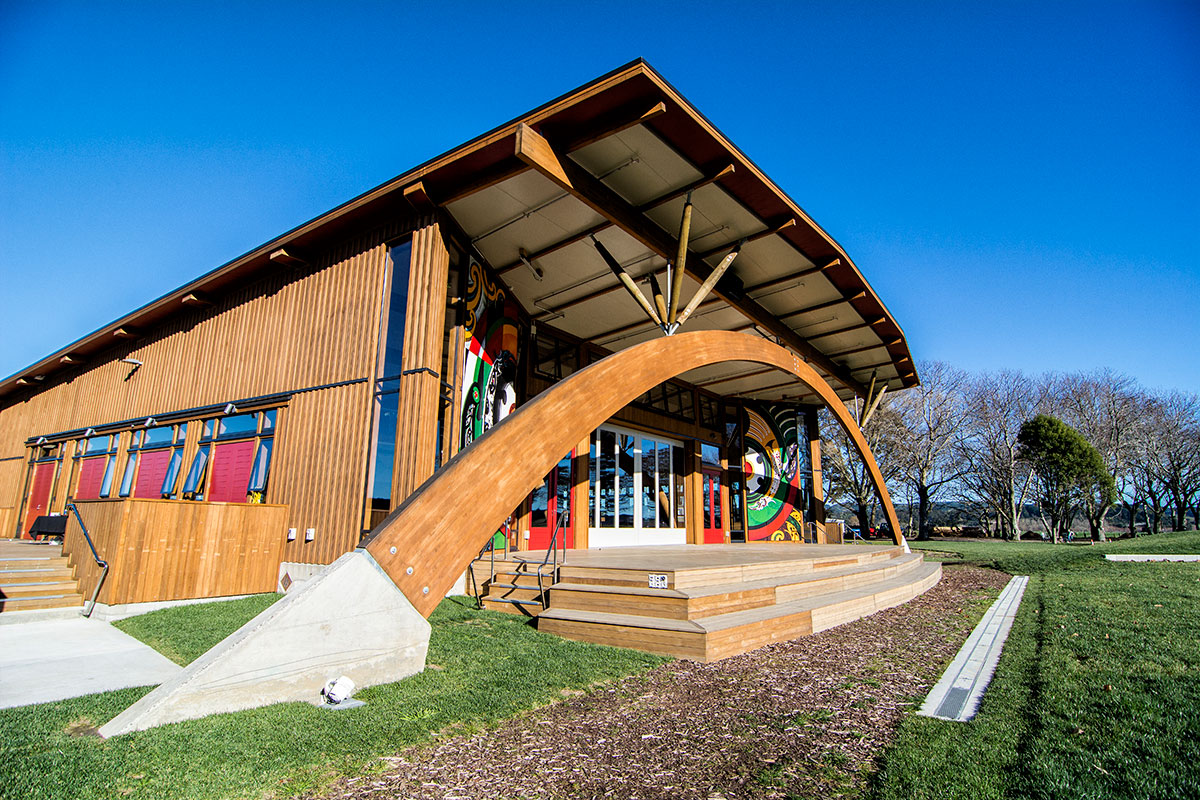
Te Kura Whare sits on Tūhoe land, south of Whakatane about halfway up the east coast of New Zealand’s North Island. Te Kura Whare was, and still is, a landmark project. In May 2017 it became the first building in New Zealand to accomplish full Living Building Challenge certification. In 2017 there were only 33 certified Living Buildings in the world and just 17 Certified Zero Energy projects.
Paul and Debbi Brainerd
Paul and Debbie Brainerd are US Citizens who have been visiting New Zealand for over 20 years. Paul Brainerd is credited as being a pioneer of modern desktop publishing. In 1994 he sold his Seattle based software company Aldus to Adobe and has since turned his entrepreneurial mind to eduction, the environment and philanthropy. One of Paul’s projects, IslandWood, is an environmental learning centre. IslandWood is good reflection of Paul’s passion and an indication of the potential of The Headwaters.
Living Building Challenge
The Living Building Challenge is a rigorous certification scheme run by the International Living Future Institute. The seven ‘petals’ of the scheme are:
- Place
- Water
- Energy
- Health + Happiness
- Materials
- Equity
- Beauty
I often refer to Jerome Partington of Jasmax whenever talking about the Living Building Challenge. He describes the programme as going ‘beyond sustainability’.
‘Sustainable’ is basically flat-line. To be sustainable you really just need to do ‘less bad’ up to the point where you have no net-negative impacts on the environment. The Living Future Institute has laid down the challenge to go beyond this and to consider a way of designing, procuring, construction and living in buildings that improves and gives back to the surrounding environment.
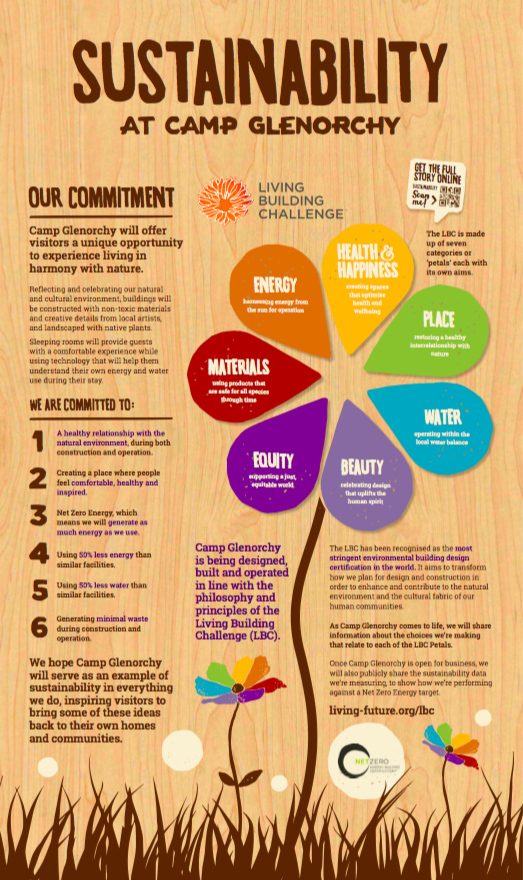
The Omega Building is a classic example of a Living Building Challenge at work. Through their Eco Machine™, the building collects, uses and filters all the water used on site, before returning any excess back to the aquifer. The closed-loop cycle mimics the natural water cycle. The Eco Machine™ is solar powered and can run indefinitely without additional chemicals.
The Test Lab
Modelling is useful for figuring out energy loads and expected performance. But when you’re trying something new in a remote location and with different users, there’s nothing like on site testing.
Testing started at Camp Glenorchy long before the building started. Staff living on site provided valuable insights into how energy and water use might match up (or not) with the energy and water that’s naturally available. Storage and control systems have been designed to buffer the difference between supply and demand so the camp can be self sufficient if and when required.

Learning and Leadership
Now that Camp Glenorchy and the other facilities are up and running at The Headwaters, the site will continue to be a source of learning. Continuing data collection will be a valuable source of information for how this type of facility can be managed efficiently. Visitors to the centre will also have constant opportunities to learn through experience.
Tricia, Paul and all of the team involved in the Headwaters project have been true leaders in the development of this challenging and inspiring project. It’s also a great example of combining international best practice with Kiwi ingenuity.
The Headwaters doesn’t aim to re-invent the wheel. It is however a leading example of how we can learn from what’s being done overseas and contribute our own expertise towards a positive effort of creating better places to live, work and play.
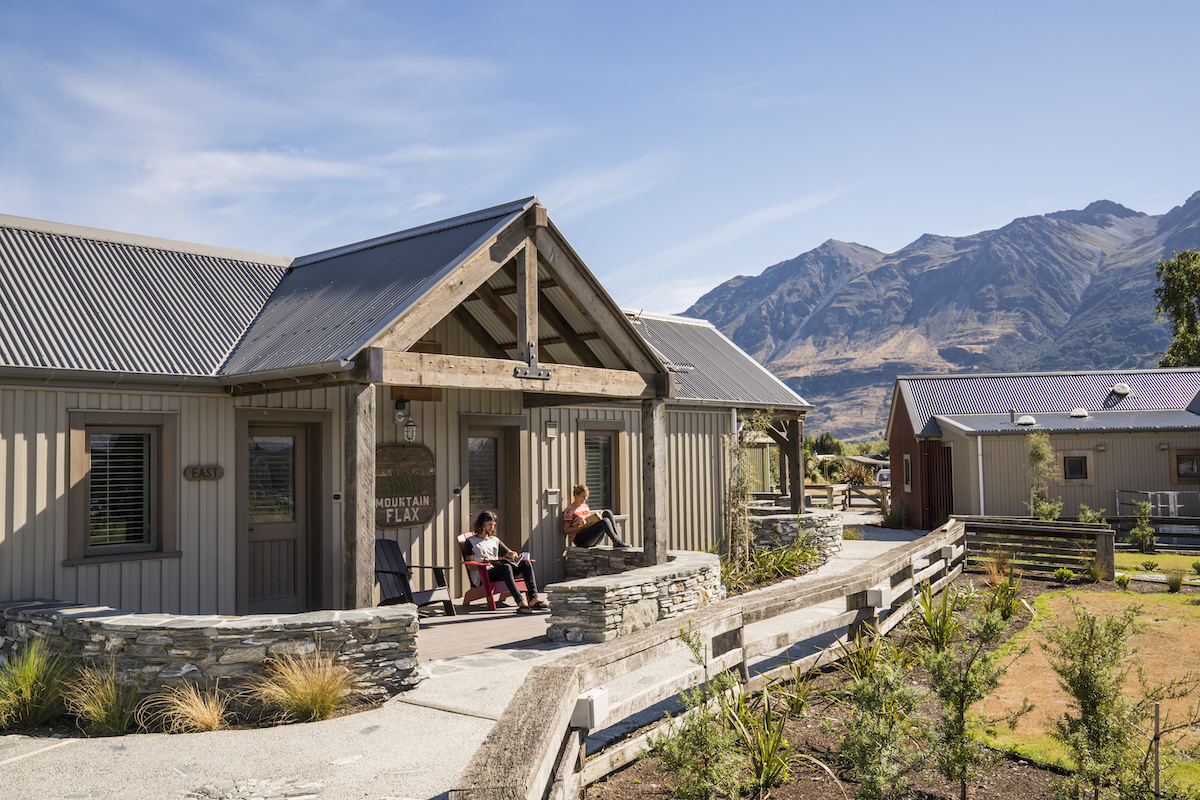
Links
- To get in touch with Tricia Love, visit her Facebook page.
- For more on The Headwaters, visit: https://www.theheadwaters.co.nz
- To find out more about The Living Building Challenge, visit: https://living-future.org
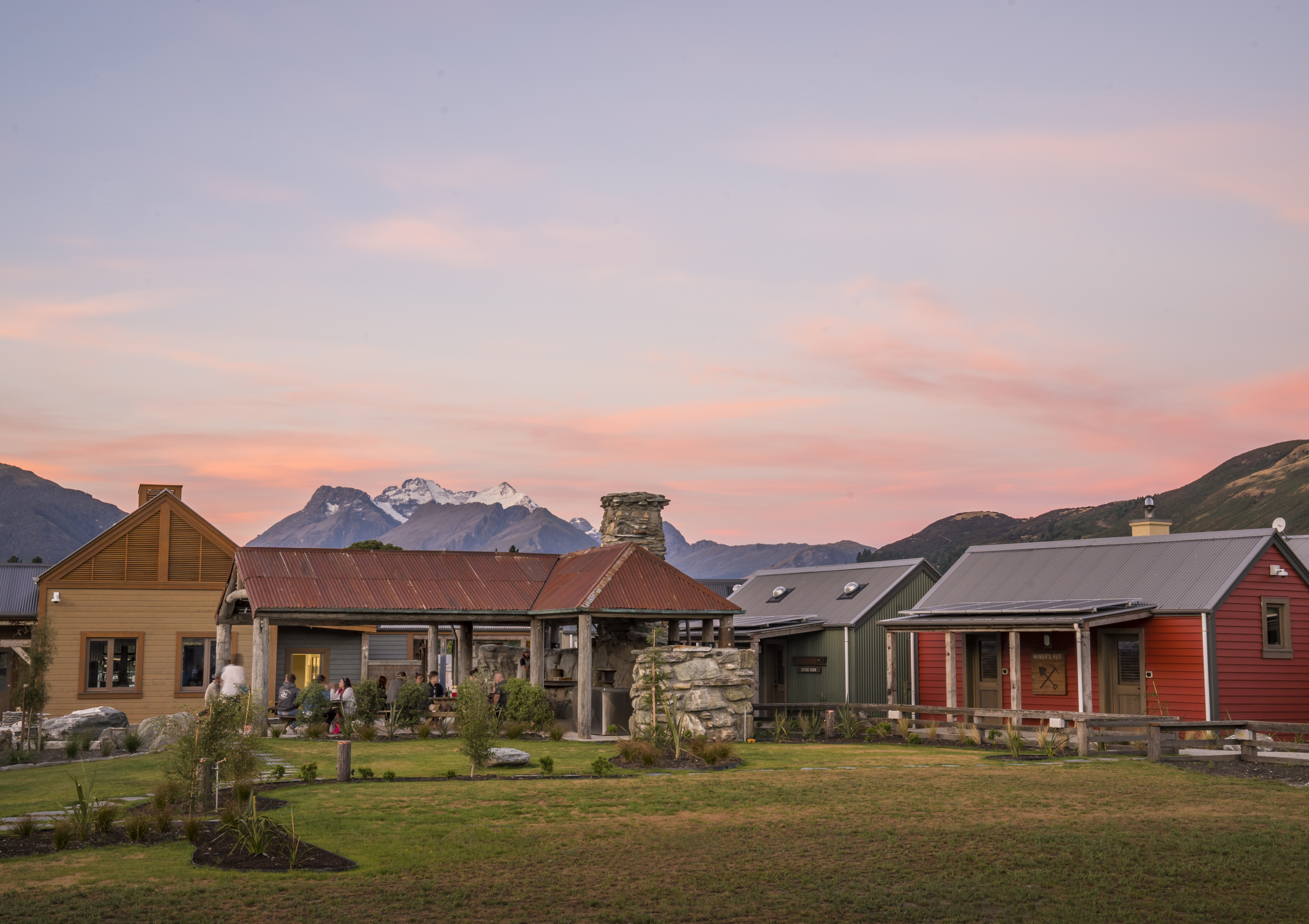
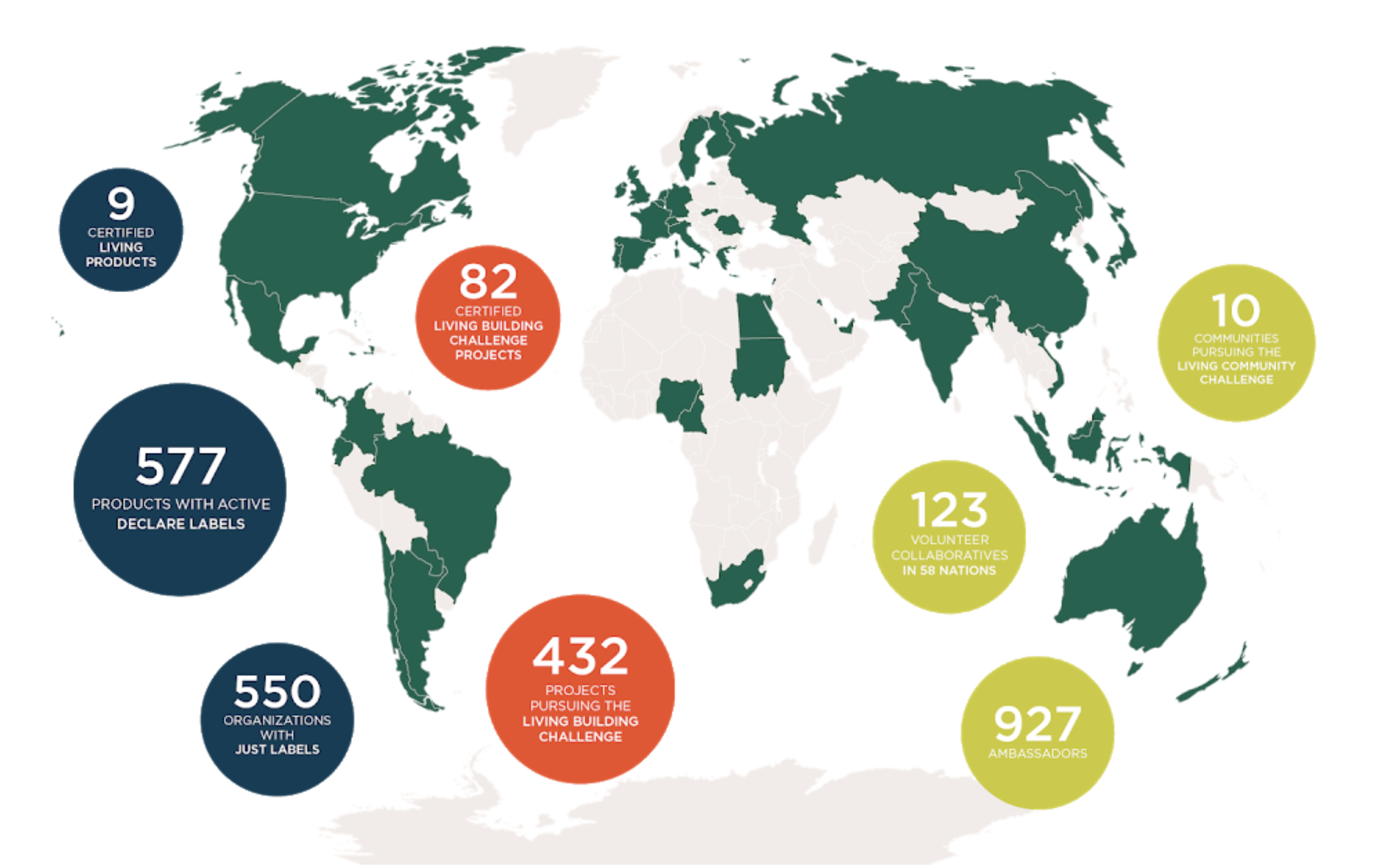
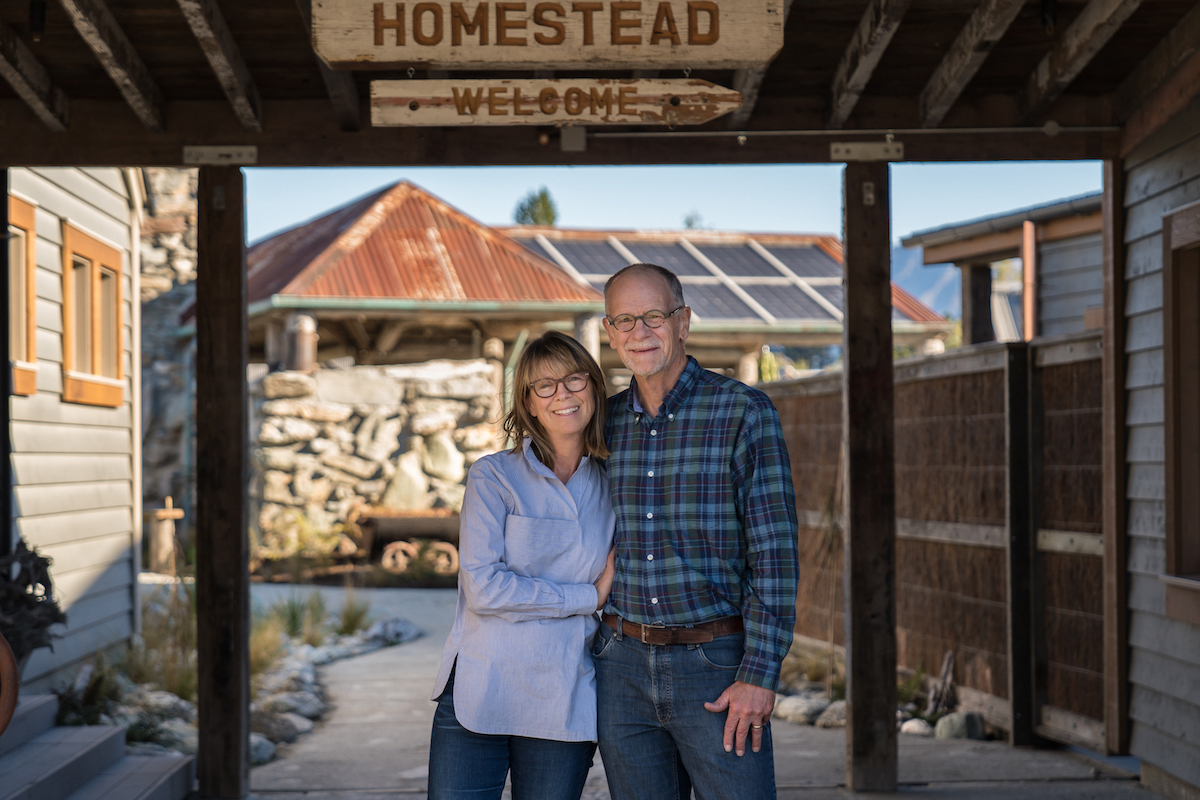
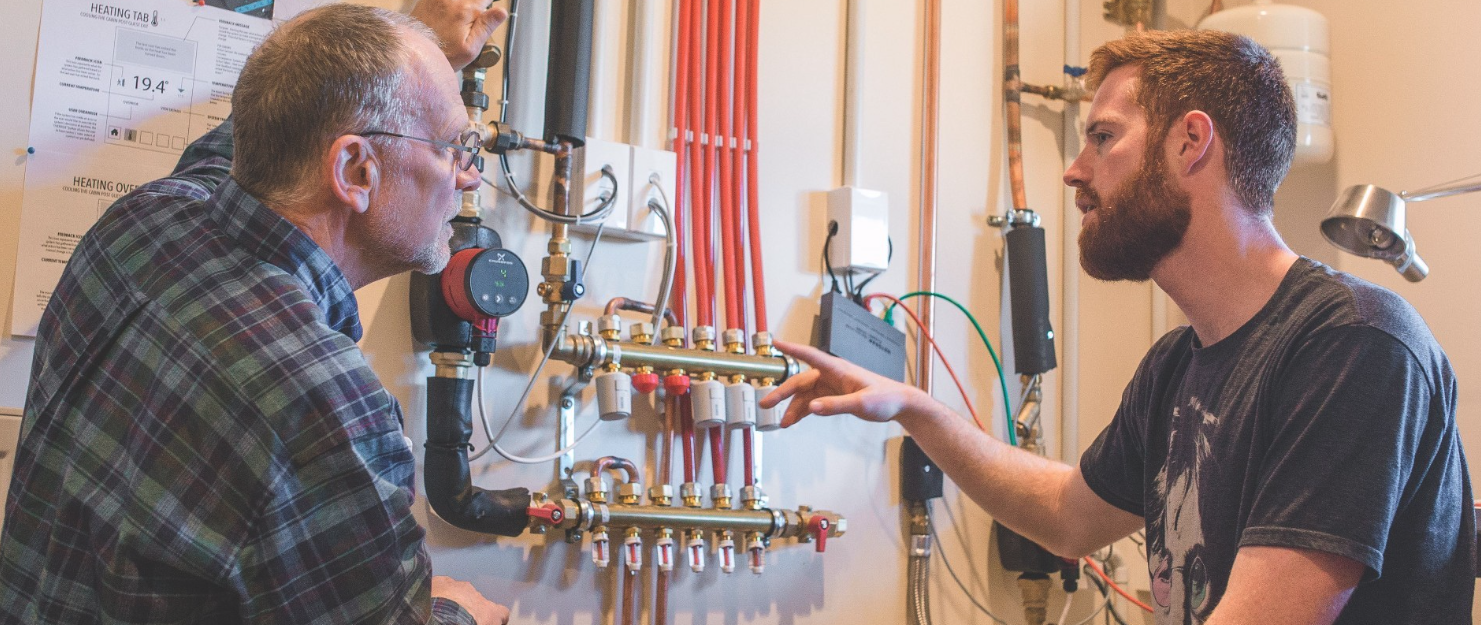
Leave a Reply